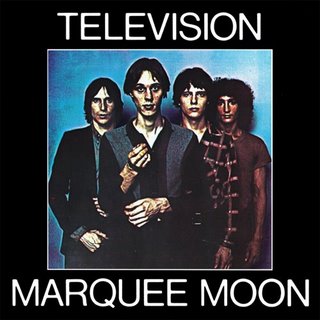
"Marquee Moon" Is Often Deemed As One Of The Best Debuts In History
“I can think of many ways to silence somebody who questions the creativity at play at the tail end of the ‘70s. However, the most resounding and unforgettable one is spinning Marquee Moon. The record holds such an intricacy and an intellectual depth that it won’t come across as an act of defiance to the one who claimed otherwise. Any song on the album makes it clear what happens when imagination meets expressivity. It is art that closes every distance which could separate a music lover from another. And I think it is the most beautiful musical testament from the year 1977. Of course, other bands left marks which might be more noticeable and (in certain senses and places) more compelling and far, far more enjoyable. But still waters run deep. And will do so forever.”
That is what I wrote yesterday about “Marquee Moon”, when I was introducing Television and I tried to explain the actual transcendence of the band. That single paragraph says everything that could be said about one of the most precious debuts in history. I don’t know what could be added to it, but common sense and fairness dictate making at least a brief mention of the tracks to be found therein.
The record starts with the alert “See No Evil” and closes 45 minutes later with “Torn Curtain”. In that lapse of time you partake in the most delirious guitar crossfire you can probably listen to anyplace. The title track is of course the better-known example (it was released as a single in an edited version), but songs like “Friction”, “Elevation” and “Prove It” act as equally forceful and exquisite reminders of the interplay which characterized the band. And the closing number has one of the most satisfying moments I have ever found on record. I am talking about the final verse, in which the guitar doubles the voice and the notes eerily extend each syllable that is pronounced. It is a gorgeous moment, and the strongest gesture in which to close an album that was to redefine aural foregrounds and backgrounds in rock and roll for ever. Continue reading
